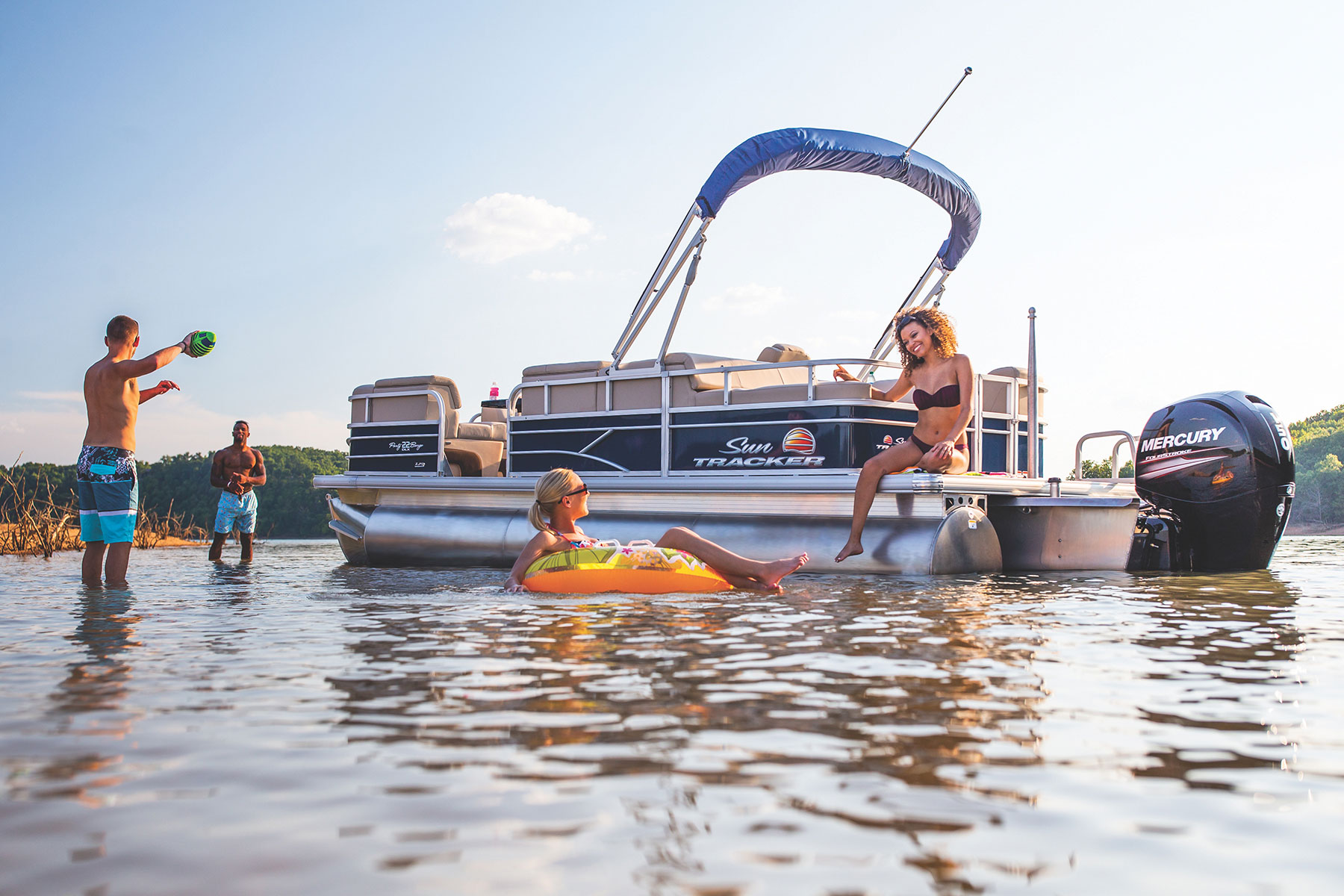You have just given the nod to the sales consultant about purchasing the boat of your dreams. Before you hitch it up and take a maiden voyage, there is one very important thing you might need, beyond a full tank of fuel.
Insurance is another peice of the boat ownership journey that may not be top of mind when buying a boat. Even though it's not one of the more glamorous considerations during boat shopping, it is still very important to ensure you have care free time on the water with friends and family. You don’t think twice about insuring a vehicle, but what about insurance for your boat? Your homeowner policy might cover a boat, so why bother? Do you even need a separate insurance policy? The answer is yes and no.
A boat insurance policy is required by law in some states. Even if a policy is not required where you live or boat, it might be at the marina where you rent a slip. The same goes for bass tournaments if you plan to compete. You might not be able to even get a loan without providing the bank with proof of insurance that covers the full value of the boat in the event of a loss.


